This issue was raised at a national scientific conference with the theme "Modernizing and improving Vietnam's higher education , creating breakthroughs in developing highly qualified human resources and talents, leading research and innovation" co-organized by the Central Propaganda and Education Commission, the Party Committee of the Ministry of Education and Training, and Ho Chi Minh City National University.
4 shortcomings in the process of reviewing and awarding professorships
According to Ho Chi Minh City National University, the current process of recognizing qualifications and appointing professors and associate professors is still overlapping and has not kept up with international trends.
Firstly, regarding the recognition and appointment process, the current way of doing things through councils at all levels (institutional, sectoral, inter-sectoral and state) still has many unnecessary procedures. The functions between the basic Professorial Council and the sectoral and inter-sectoral Professorial Council are almost overlapping. The fact that the two councils evaluate the same content not only prolongs the review time but also increases administrative procedures for candidates.
Second, regarding the appointment term, according to Decision 37/2018/QD-TTg, Professors and Associate Professors are appointed for 5 years. At the end of the term, the higher education institution will consider reappointment. Paradoxically, even if not reappointed, qualified people still retain their titles and can be appointed elsewhere. This mechanism separates the appointment from the responsibilities and actual contributions of lecturers at the work unit.
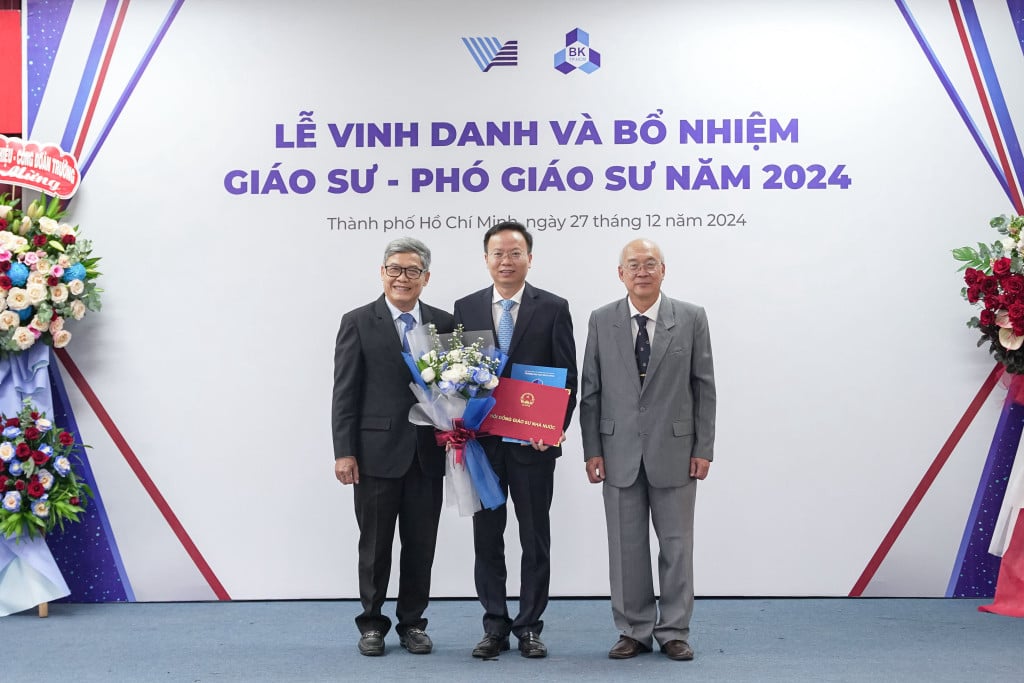
“Some people, after being awarded academic titles, are no longer actively researching, while those who are not appointed face difficulties in their careers and are forced to seek recognition from other institutions. This causes instability and lack of transparency in the management and use of professors and associate professors,” said Ho Chi Minh City National University.
Third, regarding academic title standards, Decision 37/2018/QD-TTg still has many points that are inconsistent and inconsistent with international practices. Specifically, the regulation requiring a minimum of 10 consecutive years of teaching for both titles is too rigid, does not take into account the specifics of each industry and does not encourage young scientists , especially those trained abroad.
On the other hand, the criteria on the number of articles (minimum 3 articles for associate professors, 5 articles for professors) is quantitative rather than qualitative, not truly reflecting the academic value and impact of the research.
In addition, the lack of clear classification of scientific publications leads to “averaging” which makes overviews, case reports, and commentaries count equally, reducing fairness for scientists with original research. In particular, current regulations do not recognize prestigious international book chapters as scientific publications, causing disadvantages for the field of social sciences and humanities.
In addition, the standards among industry councils are inconsistent, creating loopholes for subjective factors and reducing transparency and trust among academics. In addition, overemphasizing the number of international articles is contributing to the commercialization of academia, increasing the situation of “predatory journals”, affecting the reputation and quality of domestic research.
Fourth, although there is a program to support young scientists (VNU350) to help complete the application for associate professorship, higher education institutions, including key universities, have not yet been given the right to self-recognize academic titles. Cumbersome administrative procedures make many young scientists apprehensive, reduce research motivation and fail to fully exploit the potential of lecturers and researchers.
“There needs to be a mechanism to decentralize power substantially for key higher education institutions in considering and recognizing academic titles, linking responsibility with autonomy. This is an important step to promote research motivation, improve the quality of the teaching staff, and at the same time contribute to realizing the goal of developing science, technology and innovation in the spirit of Resolution 57-NQ/TW of the Politburo ,” said Ho Chi Minh City National University.
Proposal to allow key universities to self-examine and recognize professors
Ho Chi Minh City National University has proposed a pilot mechanism allowing a number of key universities to self-examine and recognize the titles of Professor and Associate Professor.
According to this unit, in many countries, the consideration of academic titles is decided by the schools themselves based on reputation and research capacity, demonstrating the spirit of autonomy and academic competition. Meanwhile, in Vietnam, it is still considered at the state level, making the process inflexible and administrative.
Therefore, it is necessary to pilot a program for prestigious schools with strong scientific potential to self-examine, recognize and appoint the title of Professor and Associate Professor according to the general standards issued by the Prime Minister (or issued by the Minister of Education and Training according to the draft revised Law on Higher Education). The recognition results at authorized institutions have nationwide legal value, equivalent to the provisions of Decision 37/2018/QD-TTg. This approach is consistent with the spirit of Resolution 71-NQ/TW, promoting the improvement of academic governance, research and training quality, and moving towards granting comprehensive autonomy to universities.
The pilot period is 3 years at key, multidisciplinary, prestigious schools, with many leading scientists. This period is enough to implement, evaluate and summarize before expanding.
For talented scientists, especially those returning from abroad, the recognition mechanism needs to be flexible, allowing equivalent conversion of teaching criteria or working time based on scientific works, monographs, international articles or inventions and useful solutions.
Ho Chi Minh City National University also proposed that the authorized schools should establish an academic integrity council to ensure scientific prestige and transparency in the recognition of academic titles. If successfully implemented, this model will create a premise for granting full academic autonomy to universities, in line with international trends and contributing to promoting the role of intellectuals in the country's sustainable development.
Source: https://vietnamnet.vn/quy-trinh-phong-giao-su-con-ruom-ra-kien-nghi-de-dai-hoc-tu-xet-va-bo-nhiem-2455879.html


![[Photo] Prime Minister Pham Minh Chinh chairs conference on breakthrough solutions for social housing development](https://vphoto.vietnam.vn/thumb/1200x675/vietnam/resource/IMAGE/2025/10/24/1761294193033_dsc-0146-7834-jpg.webp)
![[Photo] President Luong Cuong chaired the welcoming ceremony and held talks with United Nations Secretary-General Antonio Guterres](https://vphoto.vietnam.vn/thumb/1200x675/vietnam/resource/IMAGE/2025/10/24/1761304699186_ndo_br_1-jpg.webp)
![[Photo] Prime Minister Pham Minh Chinh and South African President Matamela Cyril Ramaphosa attend the business forum](https://vphoto.vietnam.vn/thumb/1200x675/vietnam/resource/IMAGE/2025/10/24/1761302295638_dsc-0409-jpg.webp)

![[Photo] Solemn funeral of former Vice Chairman of the Council of Ministers Tran Phuong](https://vphoto.vietnam.vn/thumb/1200x675/vietnam/resource/IMAGE/2025/10/24/1761295093441_tang-le-tran-phuong-1998-4576-jpg.webp)

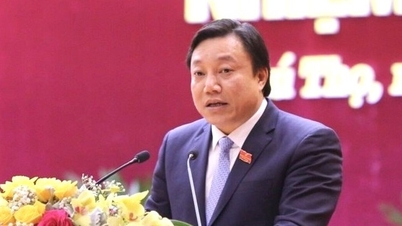
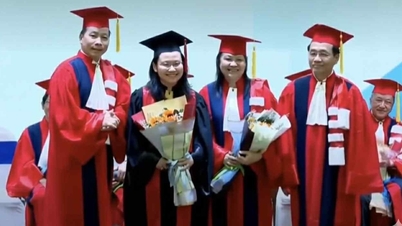

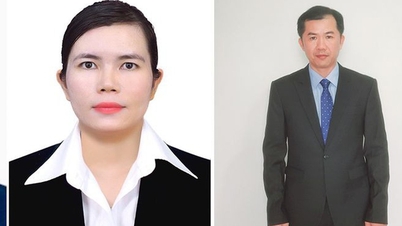

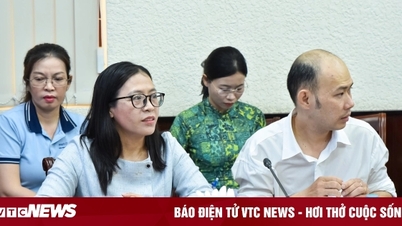


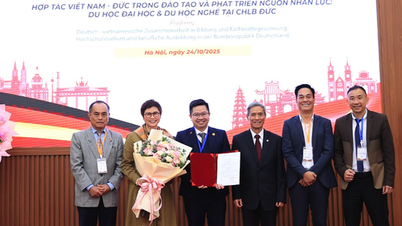

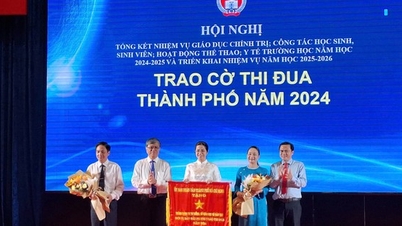
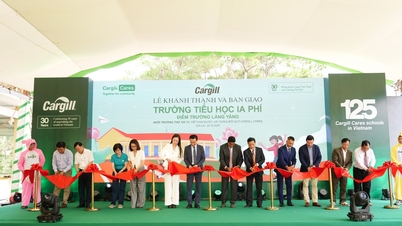


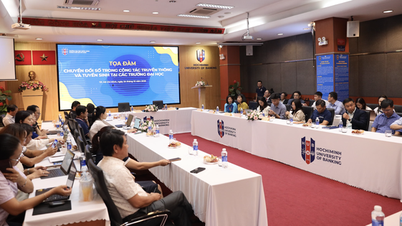
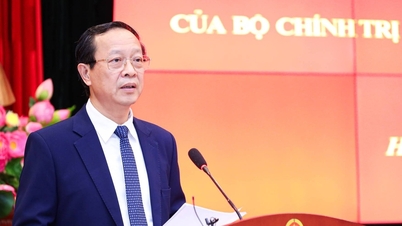




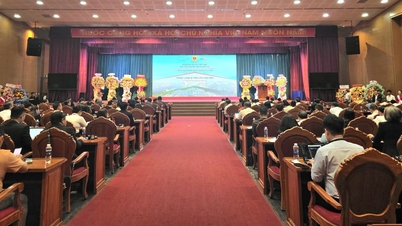



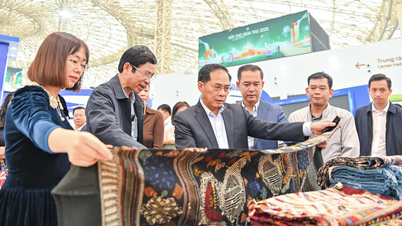
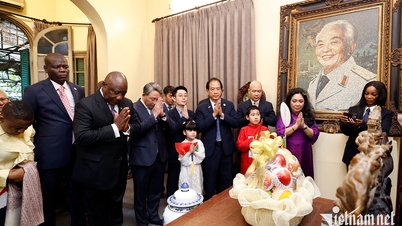


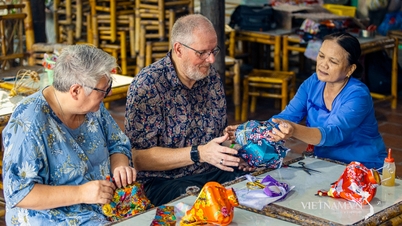

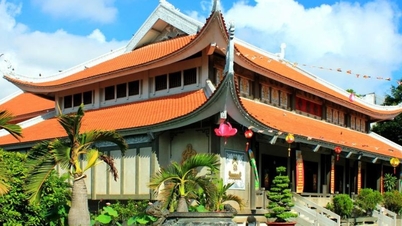



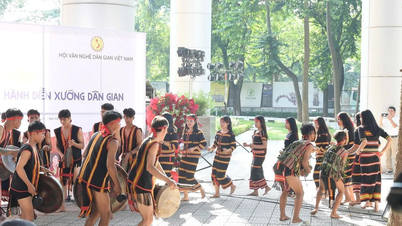


















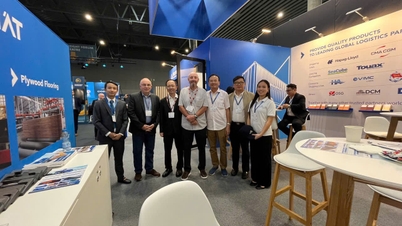







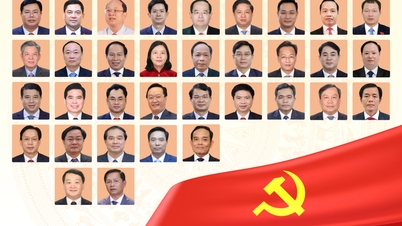
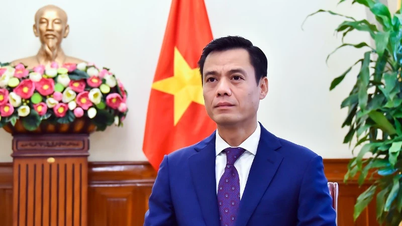
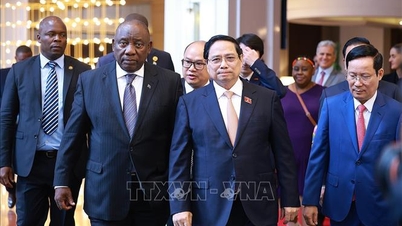

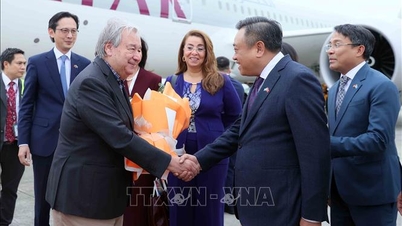
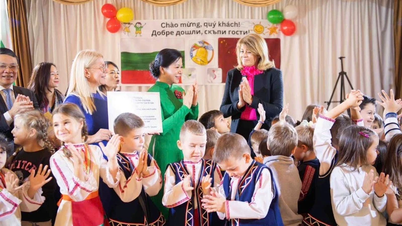




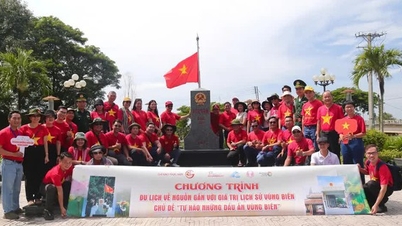




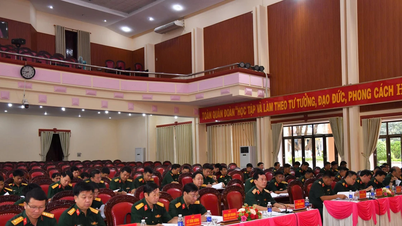

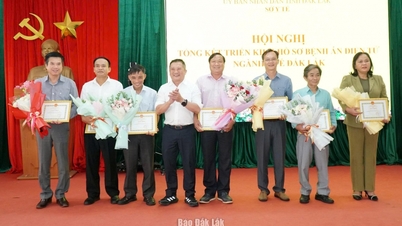

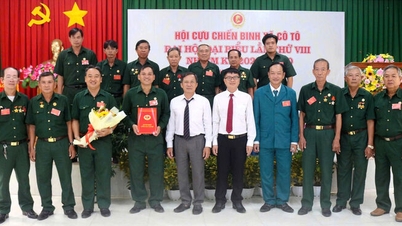


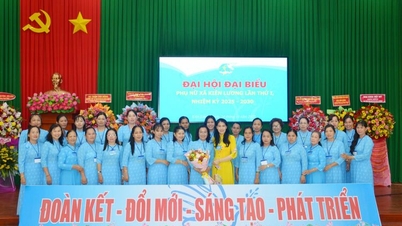















Comment (0)